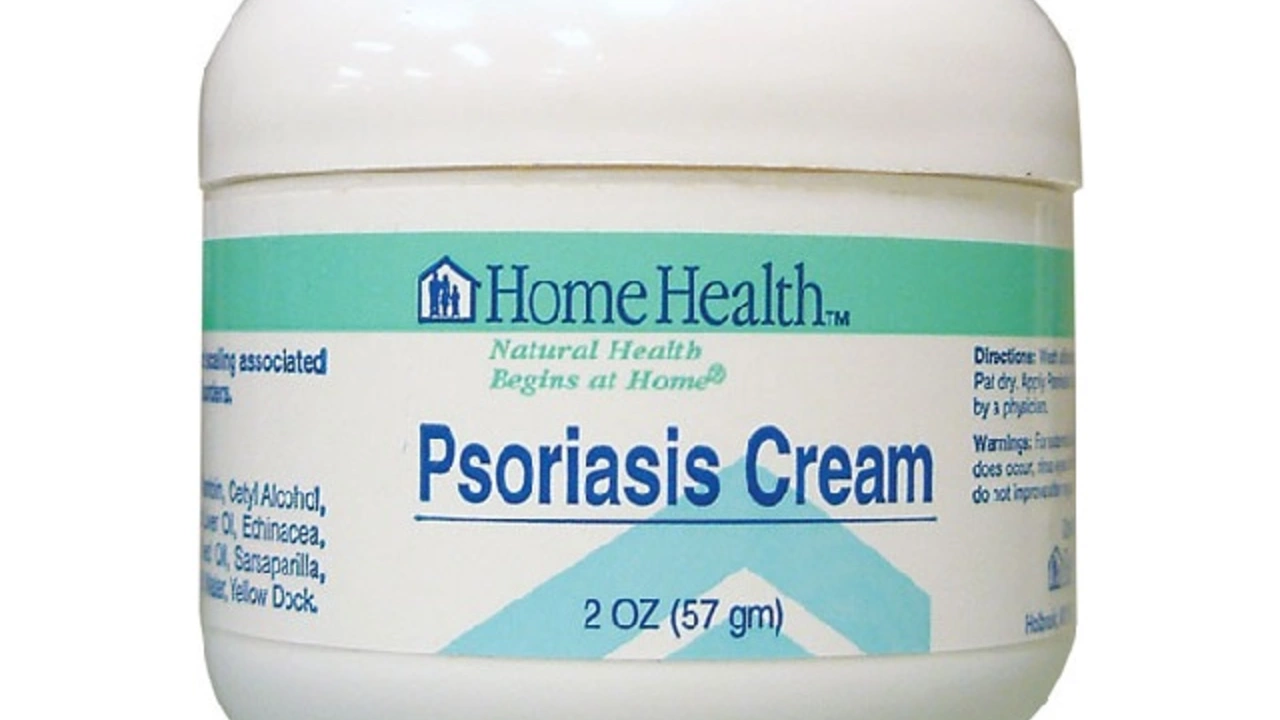Eczema: simple steps to feel better fast.
Eczema (atopic dermatitis) shows up as itchy, red, dry patches. It can flare for weeks and ruin sleep, work, and mood. The good news: many people control it with care routines, trigger fixes, and the right treatments. This page gives clear, practical steps you can start today.
First, skincare basics matter more than you think.
Use a thick fragrance-free moisturizer twice daily and right after bathing. Short lukewarm showers are better than hot baths. Choose gentle, soap-free cleansers and pat skin dry instead of rubbing. Apply moisturizer while skin is slightly damp to lock in water.
Second, spot and remove common triggers. Fragrances, harsh detergents, wool clothing, sudden temperature changes, and certain foods can trigger flares. Keep a simple diary for two weeks noting soaps, detergent, foods, stress, sleep, and weather. The diary often reveals one clear trigger you can avoid.
Third, treat flares fast. For mild flares try over-the-counter hydrocortisone 1% for up to a week and use moisturizers generously. For moderate or stubborn flares consult a clinician — they may prescribe topical steroid creams of appropriate strength, non-steroidal creams like tacrolimus, or short courses of oral steroids in severe cases. If frequent systemic treatment is needed, ask about alternatives such as azathioprine, mycophenolate, or newer JAK inhibitors — these are commonly used for tough autoimmune skin issues.
Fourth, control itch and sleep. Antihistamines help some people at night; cooling packs and cotton sleepwear reduce scratching. Keep nails short and consider wet wrap therapy for children during intense flares — it helps medicine and moisture stay on the skin.
Fifth, think long term.
Phototherapy and certain prescription medications improve moderate to severe eczema when topical care isn’t enough. Work with a dermatologist to weigh benefits, side effects, and monitoring needs. If you see signs of infection — increasing pain, yellow crust, pus, or spreading redness — seek medical care right away.
Practical product tips: look for ceramide-rich moisturizers, creams labeled for eczema, and laundry detergents marked hypoallergenic. Avoid products with alcohol, fragrance, or strong preservatives. Test new products on a small patch of skin first.
Finally, mental health matters. Chronic itch and sleep loss affect mood. Stress reduction techniques like short walks, breathing exercises, and regular sleep routines often reduce flare frequency.
Common questions: Can diet help? For some people reducing dairy or eggs helps, but results vary—track changes for at least three weeks. Are steroid creams safe long term? Low- to mid-potency topical steroids used correctly are safe for many people; discuss thinning and cycling with your doctor. When should I see a specialist? If flares are frequent, cover large areas, or affect sleep, ask for a dermatology referral.
If you want more detailed info, check related posts about prednisone alternatives, topical and systemic treatments, and safe ways to buy medicines online. Managing eczema takes a few small habit changes plus the right medical plan, but those steps usually bring big relief. Start small, track changes, and get help early soon.






